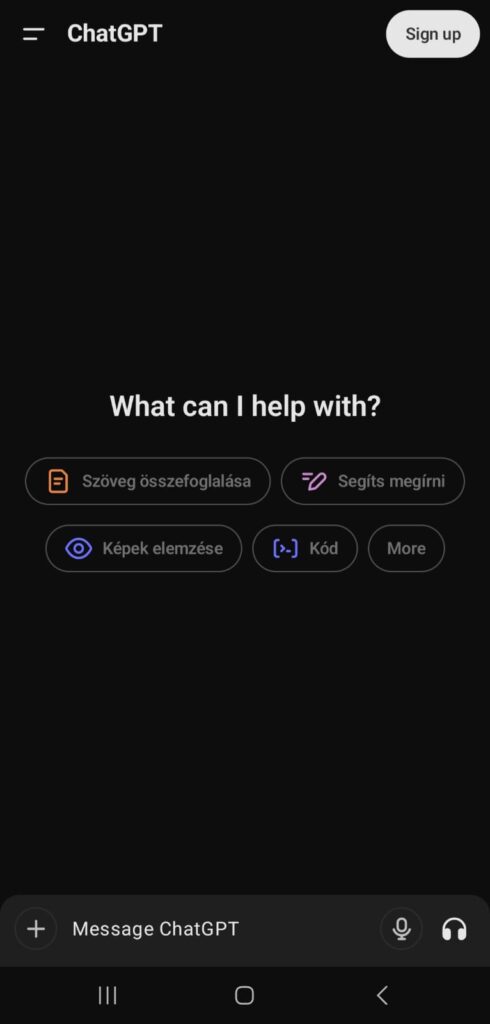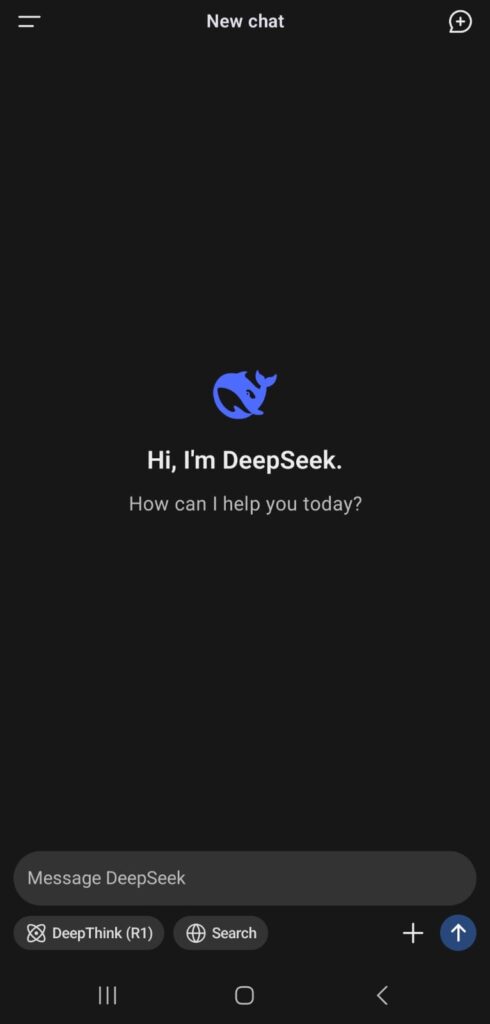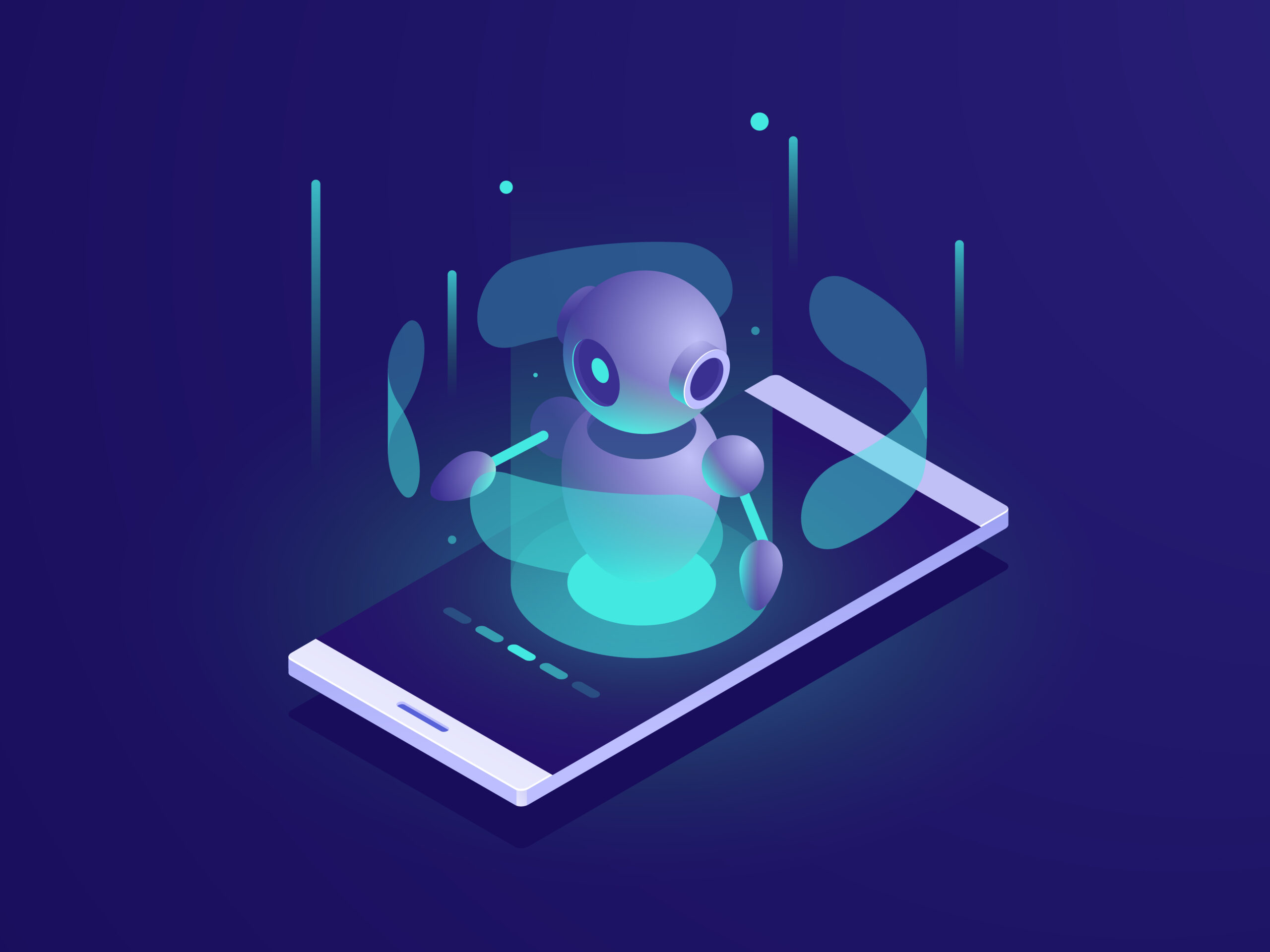Introduction
Artificial Intelligence (AI) has rapidly evolved, making its way into mobile applications that assist with everything from productivity and creativity to research and communication. The increasing availability of AI-powered apps has transformed the way users interact with technology, making it more intuitive and efficient. With major tech companies and open-source initiatives pushing AI innovation, mobile users now have access to powerful AI tools right at their fingertips.
In this article, we will compare some of the most popular AI mobile applications, including ChatGPT, Microsoft Copilot, DeepSeek, Claude, Perplexity, Mistral AI, and several open-source alternatives. We will evaluate these apps based on four key factors: features, performance, pricing, and real-world use cases.
The Growing Popularity of AI Mobile Apps
AI-powered mobile apps have seen massive growth over the past few years, with millions of users integrating them into their daily lives. From virtual assistants that generate text and answer complex questions to AI models that enhance productivity and automate tasks, these applications are reshaping how we interact with our devices.
Tech giants like OpenAI, Microsoft, and Google are continually enhancing their AI offerings, while smaller developers and open-source communities are bringing competitive and innovative solutions to the table. With AI models improving in speed, accuracy, and usability, the adoption of these apps is only expected to rise. As AI becomes more deeply integrated into our daily lives, these applications are shifting from simple chatbots to full-fledged assistants capable of handling tasks ranging from business operations to creative projects. The rapid advancements in AI technology ensure that users can leverage smarter, faster, and more efficient tools for a wide variety of needs.
Comparison of AI Mobile Apps
Below, we compare some of the most notable AI-powered mobile applications across key criteria.
1. ChatGPT – The Jack of All Trades
- Developer: OpenAI
- Features: Conversational AI, creative writing, coding assistance, multimodal capabilities (text, image inputs)
- Performance: High accuracy with GPT-4 (Pro version), fast response times
- Pricing: Free (GPT-3.5), $20/month (GPT-4 Turbo)
- Use Cases: Content generation, research assistance, chatbot development
ChatGPT is widely recognized as a leader in AI-driven communication, offering high-quality text generation, problem-solving, and advanced reasoning capabilities. Whether you’re a student seeking research assistance, a writer looking for creative inspiration, or a developer needing coding support, ChatGPT delivers. OpenAI continues to refine and improve its models, making this one of the most advanced AI chatbots available today. The combination of free and premium options ensures accessibility for casual users while providing powerful features for professionals and businesses looking to optimize their workflows with AI.

2. Microsoft Copilot – The Productivity Powerhouse
- Developer: Microsoft
- Features: Integrated with Microsoft 365, enhanced productivity tools, coding and data analysis support
- Performance: Optimized for work-related tasks, integrates with enterprise tools
- Pricing: Free (basic), included with Microsoft 365 subscriptions
- Use Cases: Office automation, document summarization, business analytics
Microsoft Copilot is the go-to AI assistant for professionals who rely on Microsoft’s suite of tools. Seamlessly embedded within Word, Excel, and Teams, it provides real-time document summarization, enhances spreadsheet analysis, and simplifies communication. Designed for business environments, Copilot optimizes workflow efficiency, saving users valuable time. Its integration with enterprise software makes it a top choice for organizations looking to enhance their productivity using AI-driven automation and insights.

3. DeepSeek – The AI Research Assistant
- Developer: DeepSeek AI
- Features: Advanced reasoning mode, web search capabilities
- Performance: Fast and accurate AI responses
- Pricing: Free & premium versions available
- Use Cases: Research, learning, general knowledge queries
DeepSeek is built for those who demand precision and depth in their queries. Whether for academic research or professional knowledge-seeking, this AI model provides well-reasoned, factual responses backed by real-time internet lookup. Unlike traditional AI chatbots that generate content from pre-trained knowledge, DeepSeek enhances its answers with up-to-date information, making it invaluable for students, educators, and professionals looking for reliable insights.

4. Claude – The Safe AI Communicator
- Developer: Anthropic
- Features: Focus on AI safety, contextual understanding, natural conversations
- Performance: Highly optimized for long conversations
- Pricing: Free (Claude 1), premium options for Claude 2+
- Use Cases: Safe and ethical AI interactions, business communication
Claude stands out for its focus on safety and responsible AI interactions. Developed by Anthropic, Claude is designed to maintain ethical AI usage while still delivering high-quality conversational experiences. This makes it an excellent option for businesses and individuals seeking AI-powered communication without the risks of misinformation or ethical concerns. With a model trained for long, meaningful interactions, Claude is particularly effective in professional and customer service environments.

5. Perplexity AI – The AI-Powered Search Engine
- Developer: Perplexity Labs
- Features: AI-powered search engine, real-time internet lookup
- Performance: Faster and more accurate search results
- Pricing: Free & premium models
- Use Cases: AI-assisted web search, fact-checking, knowledge discovery
Perplexity AI redefines how users conduct web searches. Instead of traditional search engines that require users to sift through multiple links, Perplexity AI processes queries and delivers summarized, high-quality responses. This makes it ideal for researchers, journalists, and professionals who need quick, reliable answers without unnecessary distractions. By incorporating real-time web retrieval, Perplexity AI ensures that users always receive the most relevant and up-to-date information.
6. Mistral AI – The Open-Source Innovator
- Developer: Mistral
- Features: Open-weight models, lightweight yet powerful language processing
- Performance: Competitive performance with open-source transparency
- Pricing: Free (open-source models), enterprise solutions available
- Use Cases: AI customization, research, development projects
Mistral AI appeals to developers and organizations seeking open-source alternatives to proprietary AI models. Unlike closed systems, Mistral allows complete customization, making it an excellent choice for startups, researchers, and AI developers. Its lightweight design ensures fast and efficient processing while maintaining strong performance. Mistral is proof that open-source solutions can compete with major AI giants in terms of both efficiency and accessibility.

7. Open-Source AI Apps – The Customization Champions
- Notable Mentions:
- DeepSeek: Research-oriented AI model with open-source alternatives
- PocketPal: Offline AI chatbot
- Catrobat: AI-enhanced visual programming
- Features: Customizable, community-driven improvements
- Performance: Varies by model and integration
- Pricing: Free
- Use Cases: Development, offline AI interactions, AI research
Open-source AI apps empower users by offering transparency, security, and extensive customization options. These tools provide a viable alternative to proprietary AI systems, catering to developers, privacy advocates, and researchers. While they require more technical know-how, their flexibility and control make them an attractive choice for those who want to tailor AI to their specific needs without relying on major corporations.Conclusion
AI-powered mobile applications have revolutionized the way we work, communicate, and learn. Each of the apps we’ve compared has unique strengths, from ChatGPT’s advanced conversational abilities to Perplexity AI’s real-time search functionality. Microsoft Copilot and DeepSeek provide work-oriented enhancements, while open-source solutions offer customization and privacy advantages.
Ultimately, the best AI mobile app depends on user needs—whether it’s cost-effectiveness, performance, or specific features. With AI technology continuously advancing, we can expect even more powerful and accessible AI tools in the near future.
Stay tuned for more updates as AI mobile applications continue to evolve!
